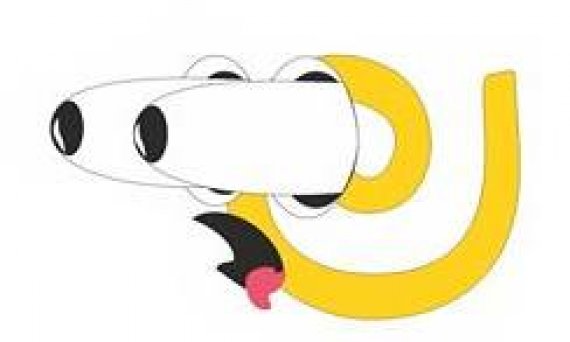On 6‐12th of July 2014 PhD students of the Department of Political Science and Sociology of the European University at St. Petersburg together with the Department Development Partnership Program and regional education and research centres from Tomsk (Policy Analysis and Studies of Technologies Center), Kazan (Center of Cultural Studies of Postsocialism), and Perm (Centre for Comparative History and Political Science) organized the first summer school entitled "University without Professors."
The program of the Summer School was organized in such a manner that both to represent basic academic interests of the EUSP research centres and introduce the research which were made by the PhD students. The first school was devoted to four main thematic areas: neoliberalism/political philosophy, migration and integration studies, science technology studies (STS), and gender studies. There were 30 participants, only six of whom represented the universities located in St. Petersburg. The rest part of the participants came from all parts of Russia (Irkutsk, Novosibirsk, Moscow, Penza, Saratov, etc.) and other countries (such as Tajikistan and Ukraine). Unexpectedly for itself, "University without Professors" has acquired international status.
All classes of the summer school was taught by young scientists, PhD students of the Department of Political Science and Sociology of the European University at St. Petersburg and by their colleagues – the recent graduate students, young PhDs, and researchers from partner centres. They came together to share knowledge, interests, skills and research projects with those who are at the very beginning of their research careers as a sociologist/political scientist. The organizers refused a standard educational dichotomy of lectures vs. seminars and developed a system based on the discussion seminars, workshops and working groups. Two round tables were also organized as a part of the School, one of them was devoted to the issue of the applicability of humanitarian knowledge in the society, and the other – to the conservative turn in the modern neoliberal Russia. Two small workshops, on academic writing, and on the intersectionality, as one of the most important research methods in the social sciences, were also held during the School. The first Summer School ended with the pecha kucha where students had an opportunity to present their current or already completed projects and get comments from their colleagues and organizers. Viewing and discussion of films, selected along with the thematic areas of the Summer School, became one of the elements of the edutainment.
"I cannot believe that this is your first school, your first experience of organization – all was brilliant! To conceive, to create, to find funding, to maintain, to provide housing and travel, to conduct it all, to stay up, and be creative, to be both funny and able to talk seriously – you are just amazing! Thank you very much for creating such a wonderful piece of summer this year!" (participant's opinion)

